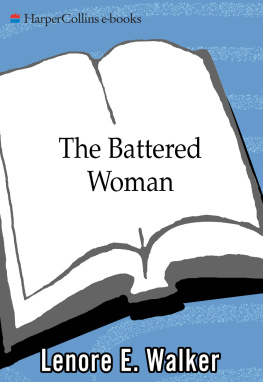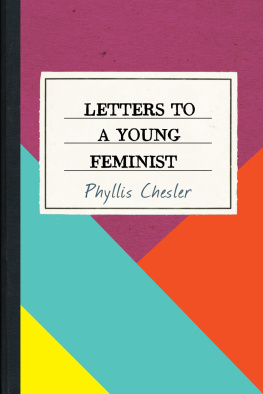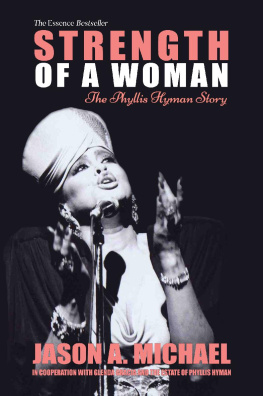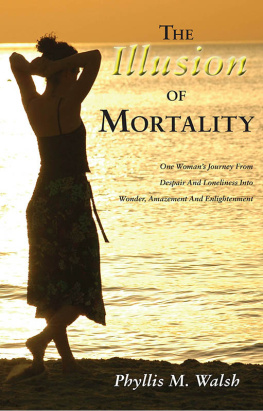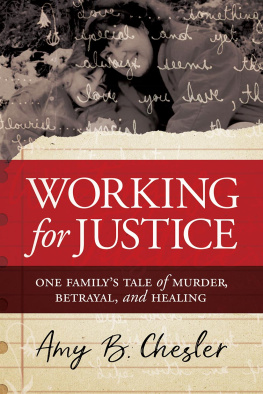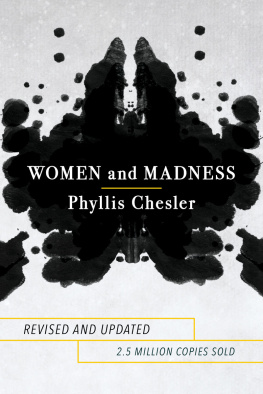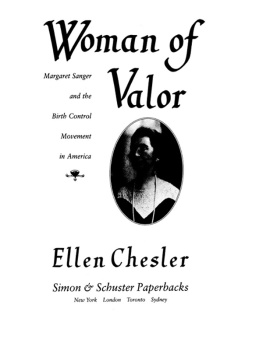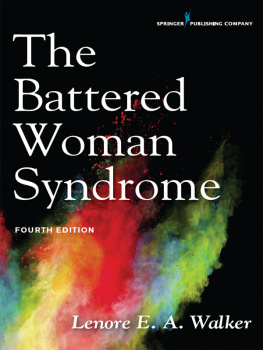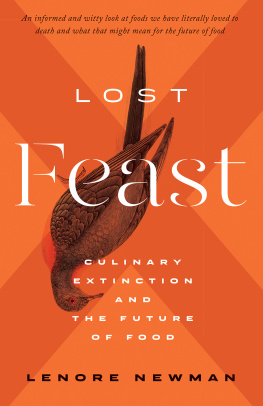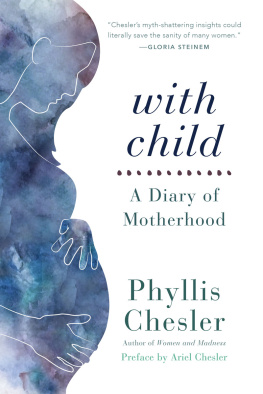Lenore E. Walker - The Battered Woman
Here you can read online Lenore E. Walker - The Battered Woman full text of the book (entire story) in english for free. Download pdf and epub, get meaning, cover and reviews about this ebook. year: 2009, publisher: HarperCollins, genre: Detective and thriller. Description of the work, (preface) as well as reviews are available. Best literature library LitArk.com created for fans of good reading and offers a wide selection of genres:
Romance novel
Science fiction
Adventure
Detective
Science
History
Home and family
Prose
Art
Politics
Computer
Non-fiction
Religion
Business
Children
Humor
Choose a favorite category and find really read worthwhile books. Enjoy immersion in the world of imagination, feel the emotions of the characters or learn something new for yourself, make an fascinating discovery.
- Book:The Battered Woman
- Author:
- Publisher:HarperCollins
- Genre:
- Year:2009
- Rating:3 / 5
- Favourites:Add to favourites
- Your mark:
- 60
- 1
- 2
- 3
- 4
- 5
The Battered Woman: summary, description and annotation
We offer to read an annotation, description, summary or preface (depends on what the author of the book "The Battered Woman" wrote himself). If you haven't found the necessary information about the book — write in the comments, we will try to find it.
The Battered Woman — read online for free the complete book (whole text) full work
Below is the text of the book, divided by pages. System saving the place of the last page read, allows you to conveniently read the book "The Battered Woman" online for free, without having to search again every time where you left off. Put a bookmark, and you can go to the page where you finished reading at any time.
Font size:
Interval:
Bookmark:

this book is dedicated to
my father
David Auerbach
and
my husband
Morton Flax
in loving memory of their
teaching me how men can
love women gently and
without violence
The Story of Anne
Psychology of the Battered Woman
Myths and Reality
The Psychosocial Theory of Learned Helplessness
The Cycle Theory of Violence
Coercive Techniques in Battering Relationships
Physical Abuse
Sexual Abuse
Economic Deprivation
Family Discord
Social Battering
The Way Out
Safe Houses
Legal and Medical Alternatives
Psychotherapy
Designing a New Tomorrow
The problem of battered women has only come into the limelight in the past few years, its progression toward public awareness paralleling the growth of the womens movement. Historically, there has never been any public outcry against this brutality. But now we are learning that the problem is far more pervasiveand terriblethan it was ever thought to be and that the myths which had previously rationalized why such violence occurred between men and women who supposedly loved each other are untrue. Jokes about wife beating no longer seem so funny (if they ever did). Some observers, including myself, estimate that as many as 50 percent of all women will be battering victims at some point in their lives. Contrary to popular belief, these women do not remain in their relationships because they like being battered, but rather because of complex psychological and sociological reasons I have detailed in this book. Most people label these women masochistic for not leaving the relationship, unaware of or preferring to ignore the battered womans inability to help herself.
The whole spectrum of intrafamily violence is perplexing. After all, families are supposed to provide a tranquil refuge from the strains and stresses of the outside world. In order to maintain this idyllic concept of the family, society has been guilty of sweeping the entire range of domestic violence under the rug.
As more studies continue to be made, we learn that there is a relationship between battered women and child abuse. Men who beat their women reportedly were themselves beaten as children. And there are reports of a high incidence of girl child incest occurring in families where there is violence. Some studies have raised the question of whether large numbers of men are being beaten by their womenbut this situation has no reliable supportive facts to date. However, the pervasiveness of all violence in society has finally become a cause for alarm.
Many theorists have regarded aggressiveness as the natural order of things in the world, pointing to animals where survival of the fittest has produced highly aggressive species. Interestingly, comparative studies have found that while male animals often dominate females through the use of violence, this is not always so. Sometimes it is the female who is dominant and is responsible for committing similar brutality against the male. I believe that only where there is true equality between males and females can there be a society that is free from violence. Although I believe that aggressiveness is not an innate trait but one which is learned early in life, I do not believe we can eliminate violence from our world without also eliminating discrimination on the basis of sex.
The womens movement has pointed out the huge amount of violence which seems to be committed by men against women in general. So many of societys institutions are set up with men responsible for taking care of women, including the family, it is only natural that these male-dominated institutions have been unresponsive to the female victims of their own aggressiveness. Is it really necessary to have all of this violence in order to keep one half of the population under domination? My feminist analysis of all violence is that sexism is the real underbelly of human suffering. Men fight with other men to prove that they are not sissies like women. Women show passive faces to the world while struggling to keep their lives together without letting men know how strong they really are for fear of hurting their mens masculine image. And men beat up women in order to keep themselves on the top of this whole messy heap. Little girls and little boys learn these sex-role expectations through early socialization. Unless we strive for equal power relationships between men and women, women will continue to be victims of the kinds of assaults I share with you in this book.
When I became interested in studying battered womens problems in early 1975, no other psychologists were doing similar research. Several sociologists, such as Murray Straus, Richard Gelles, and Susan Steinmetz, were documenting some of the social causes of violence in the family. Feminists like Susan Brownmiller were studying the history of rape as a means for men to control women. Feminist psychologists like Phyllis Chesler were re-evaluating the usefulness of traditional psychoanalytic therapy for women because of its strong anti-woman theoretical basis. No one, however, was studying the psychology of battered women as victims. I decided to begin at the original source, the battered women themselves.
In early 1975, I was a practicing psychologist on the faculty of Rutgers Medical School in New Jersey. I also held a joint faculty appointment at the Rutgers Graduate School of Applied and Professional Psychology. My private psychotherapy practice reflected my feminist views. Many of my clients were women in transitional periods of their lives. As I began to work with these women, often using new techniques such as assertiveness training, some of them began to report abuse by their menboth physical and psychological abuse. Some of these men and women were married, some not. My first fear was that critics of the womens movement might be right. Perhaps violence erupted because women began to make their own decisions to control their lives. Feminism was indeed having a profound impact on the family by changing power relationships. Would strong, assertive women be able to live in harmony and equality with those men whom they loved? Fortunately, a further investigation proved these fears to be groundless: in those relationships where battering was occurring, coercion between the partners had existed from the beginning of the relationship. The psychotherapy these women were receiving gave them the strength not only to begin talking about their experiences to others, but to end the battering relationship as well.
These early cases stimulated my curiosity, and I began to ask my colleagues on the medical and psychology faculties about their women patients who were reporting physical or psychological abuse by men. Slowly, these colleagues began to refer such women to me. The feminist network provided another rich source of volunteers for this research. Before long I was inundated with such women, and I began the long, hard task of interviewing. All of them were willing to talk with a woman psychologist if anonymity was guaranteed. I found that my feminist point of view and my willingness to listen without blaming the victim were my greatest assets. When I began, I did not know what questions to ask, so I let them tell their stories in their own ways. Although this was time-consuming, it proved to be an effective way to gather the information. These women told me how rare it was to be able to tell their entire stories to someone. Most listeners would cut them off as soon as they got to some of the more ghastly details. Either they were not believed or they were told that it could only be assumed that they liked what was happening to them, since they had not left the violent situation that they were in. But the pain these women experienced in retelling their stories was testimony enough that none of them had a deep psychological need to be battered.
Font size:
Interval:
Bookmark:
Similar books «The Battered Woman»
Look at similar books to The Battered Woman. We have selected literature similar in name and meaning in the hope of providing readers with more options to find new, interesting, not yet read works.
Discussion, reviews of the book The Battered Woman and just readers' own opinions. Leave your comments, write what you think about the work, its meaning or the main characters. Specify what exactly you liked and what you didn't like, and why you think so.

